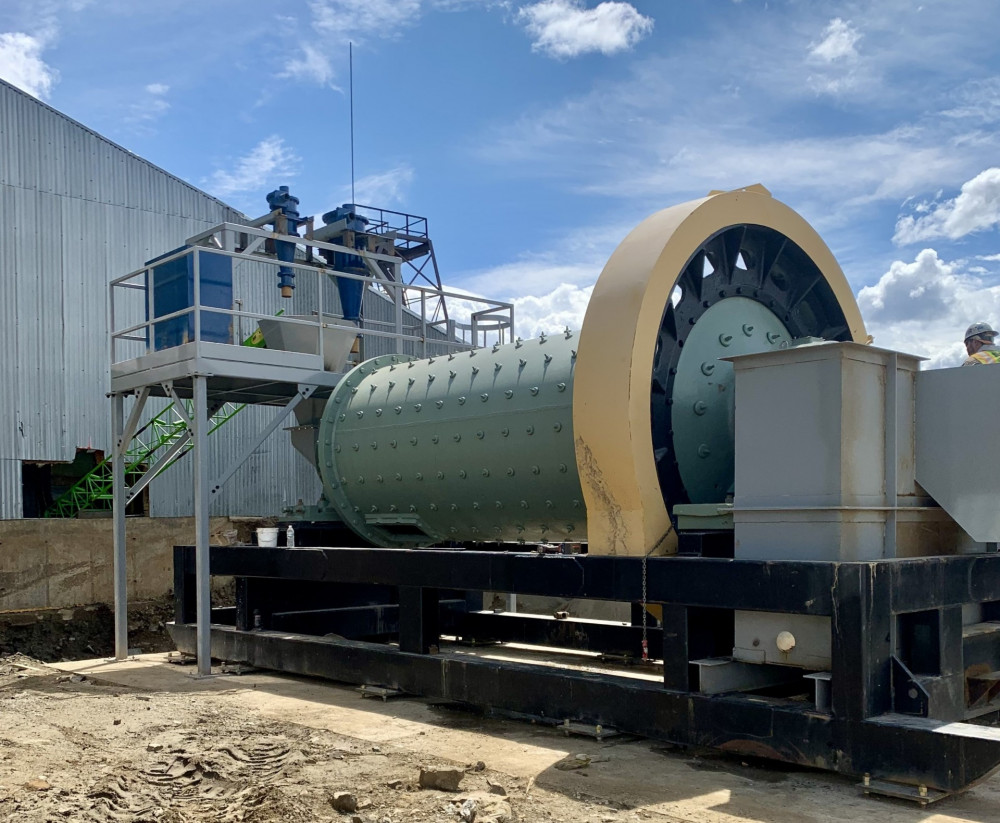Explore Modern Event Management Platforms: Guide, Tips, and Key Insights
Events whether corporate conferences, academic summits, concerts, or community gatherings require seamless planning and execution. Traditionally, event organization involved manual scheduling, phone calls, and spreadsheets. Today, event management platforms bring together planning, registration, ticketing, communication, and analytics into one system.
The existence of these platforms stems from the need to manage large-scale gatherings efficiently. The rise of digital tools, cloud-based collaboration, and hybrid events (virtual + physical) has accelerated their adoption across industries worldwide.

Importance
Modern event management platforms matter because they solve multiple challenges that organizers, participants, and stakeholders face:
-
Organizers: Streamline scheduling, registrations, and communication.
-
Attendees: Experience easy sign-ups, quick access to event details, and personalized engagement.
-
Businesses and Institutions: Gain insights from data, track attendance, and measure event performance.
Key problems they address include:
-
Manual errors in planning and tracking
-
Lack of centralized communication
-
Difficulty in handling hybrid and virtual participation
-
Limited post-event analytics
By integrating all processes, these platforms help deliver organized, engaging, and measurable events.
Recent Updates
The event technology industry has grown rapidly in the past few years, especially after the global pandemic. Some recent developments include:
-
Hybrid event growth (2024–2025): Platforms now provide integrated streaming, AI-based networking, and on-demand content libraries to support both physical and virtual audiences.
-
AI-driven personalization: In 2024, several platforms introduced machine learning tools to suggest sessions, match participants, and optimize schedules.
-
Sustainability focus: Recent updates (2023–2025) include digital ticketing, carbon footprint tracking, and waste-reduction features for eco-conscious events.
-
Integration with workplace tools: Many platforms now connect with Microsoft Teams, Zoom, and Slack for seamless communication.
Laws or Policies
Event management is influenced by regulations and policies that vary by country:
-
Data Privacy Regulations: Platforms must comply with GDPR in Europe, CCPA in California, and India’s DPDP Act (2023) when collecting attendee data.
-
Health and Safety Rules: Post-2020, many governments introduced guidelines for physical gatherings, requiring event organizers to integrate digital check-ins and safety compliance tracking.
-
Accessibility Laws: In regions like the US, the Americans with Disabilities Act (ADA) mandates accessibility in digital platforms and physical event setups.
-
Taxation Policies: Some countries require digital ticketing platforms to integrate GST or VAT compliance for event transactions.
These legal frameworks shape how platforms operate and ensure participant data security and event safety.
Tools and Resources
Several modern tools help simplify event planning and execution.
Popular Event Management Platforms
| Platform | Key Features | Best For |
|---|---|---|
| Cvent | Registration, venue sourcing, analytics | Large-scale corporate events |
| Eventbrite | Ticketing, marketing, payment support | Public events, concerts, workshops |
| Bizzabo | AI networking, hybrid support, analytics | Conferences and trade shows |
| Whova | Mobile app, engagement features | Academic, professional, and community events |
| Hopin | Virtual and hybrid events, scalability | Global online events |
Additional Resources
-
Templates: Free event planning checklists (Excel, Google Sheets)
-
Apps: Trello, Asana, or Monday.com for task management
-
Calculators: Budget calculators to estimate venue, catering, and technology costs
-
Websites: Blogs, webinars, and community forums on platforms like EventMB and Meeting Professionals International (MPI)
Key Insights and Benefits
Modern event management platforms provide several advantages:
-
Centralized planning and task tracking
-
Real-time updates for attendees
-
Improved data collection for performance evaluation
-
Increased audience engagement through polls, Q&A, and gamification
-
Cost and resource optimization through automation
At the same time, limitations include:
-
Dependence on internet connectivity
-
Learning curve for new users
-
Compliance requirements for international events
Comparison of Traditional vs. Modern Event Management
| Aspect | Traditional Methods | Modern Platforms |
|---|---|---|
| Registration | Manual forms, spreadsheets | Online, automated systems |
| Communication | Emails, calls | Mobile apps, notifications |
| Data Analysis | Limited, manual | Real-time dashboards |
| Audience Engagement | In-person only | Hybrid (virtual + physical) tools |
| Scalability | Time-consuming | Easily scalable to thousands of participants |
FAQs
Q1: What is an event management platform?
An event management platform is a digital tool that helps plan, organize, and execute events by combining registration, scheduling, ticketing, engagement, and analytics in one system.
Q2: Are event management platforms only for large organizations?
No. While big corporations use them, small businesses, universities, and community groups also benefit from these tools.
Q3: How do hybrid events work with these platforms?
Hybrid events combine physical and virtual experiences. Platforms enable live streaming, digital ticketing, and networking for both in-person and remote attendees.
Q4: Are these platforms secure for handling attendee data?
Yes, most modern platforms comply with global data protection standards like GDPR and CCPA. Users should check platform-specific compliance certifications.
Q5: What industries use event management platforms the most?
Common industries include corporate businesses, education, healthcare, entertainment, and government institutions.
Conclusion
Modern event management platforms have transformed the way events are planned and executed. They provide a centralized system that enhances efficiency, boosts engagement, and delivers measurable results. With the integration of AI, hybrid solutions, and compliance with global regulations, these platforms continue to evolve.
For organizers, adopting the right platform means not just simplifying logistics but also creating impactful experiences for attendees. As trends continue to shift toward digital-first and hybrid solutions, these platforms will remain essential tools in the global events landscape.





